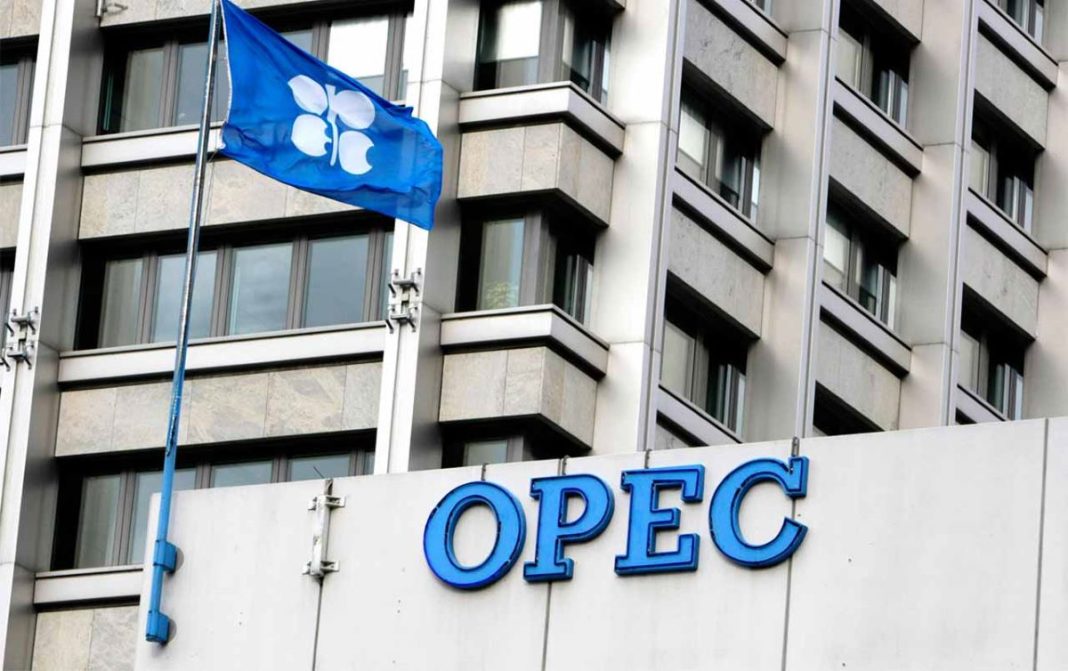“[I]t [OPEC+ decision to cut oil production] certainly wasn’t in keeping with the conversations that we were having [with Saudi Arabia],” Kirby said during a press briefing on Wednesday.
Kirby recalled that the United States discussed the issue with the Saudi leadership before and during President Joe Biden’s visit to the desert kingdom in July and there was an increase in oil production in the aftermath of his trip.
Saudi Arabia’s Energy Minister, Prince Abdulaziz bin Salman, has earlier criticized nations for tapping their emergency oil stockpiles in order to manipulate prices, and warned of consequences if the reserves run dry.
“It is my profound duty to make clear to the world that losing emergency stocks may be painful in the months to come,” the Saudi minister told the Future Initiative Investment conference in Riyadh on Tuesday.
He noted that the US’ Strategic Petroleum Reserve (SPR) was not intended to relieve price pressures, but instead was meant to address emergency supply constraints. The comments come after President Biden announced the sale of another 14 million barrels from the SPR, following the release of 180 million barrels of oil since April.
Last week, the US authorities said they would release additional crude from the SPR to keep a lid on America’s gasoline prices and then replenish the reserves. The historic use of emergency stocks has worried investors around the world, as excessive volumes of oil could flood the market and put it under pressure.
According to an oil analyst at Energy Aspects, Amrita Sen, the SPR is now “absolutely being used to keep prices lower even though that’s not what it’s meant to be used for”.
The Biden administration has reportedly indicated that further tapping of the strategic reserves could be linked to the recent decision of OPEC+ to cut oil production.
OPEC+ announced that countries comprising the group will cut oil production by 2 million barrels per day starting in November. The cuts will be distributed based on quotas under the OPEC+ deal as of August 2022. The curtailing of output is aimed at stabilizing the global oil market ahead of a seasonal drop in demand, and amid fears of a global recession.
